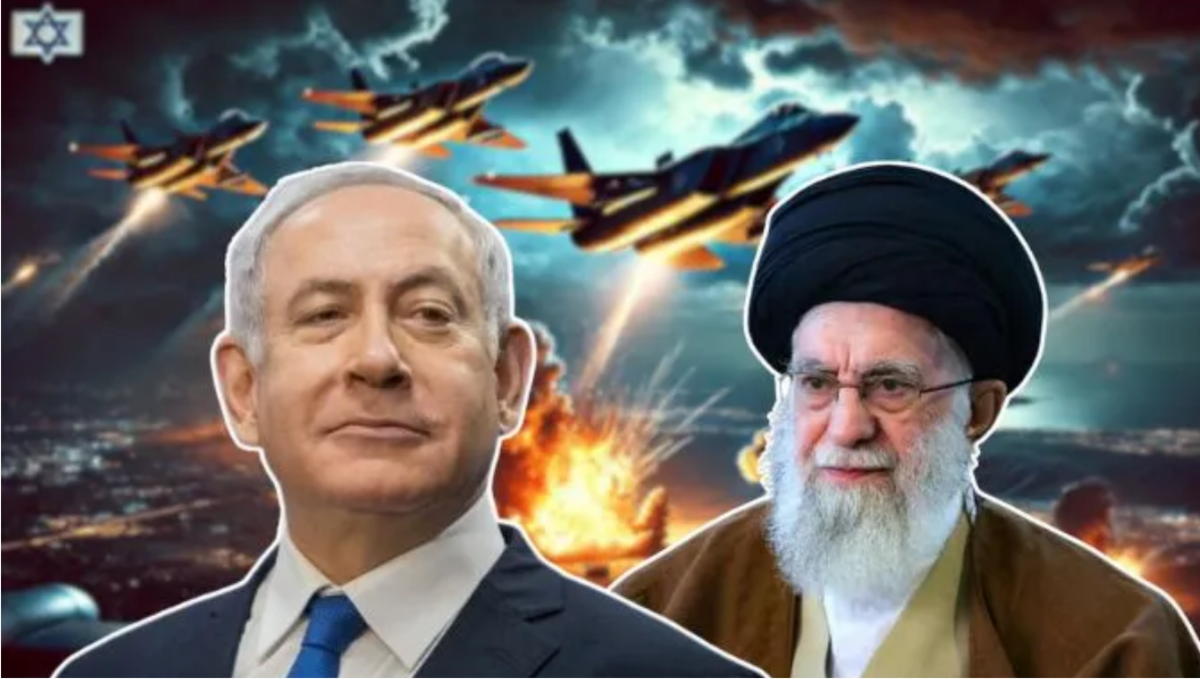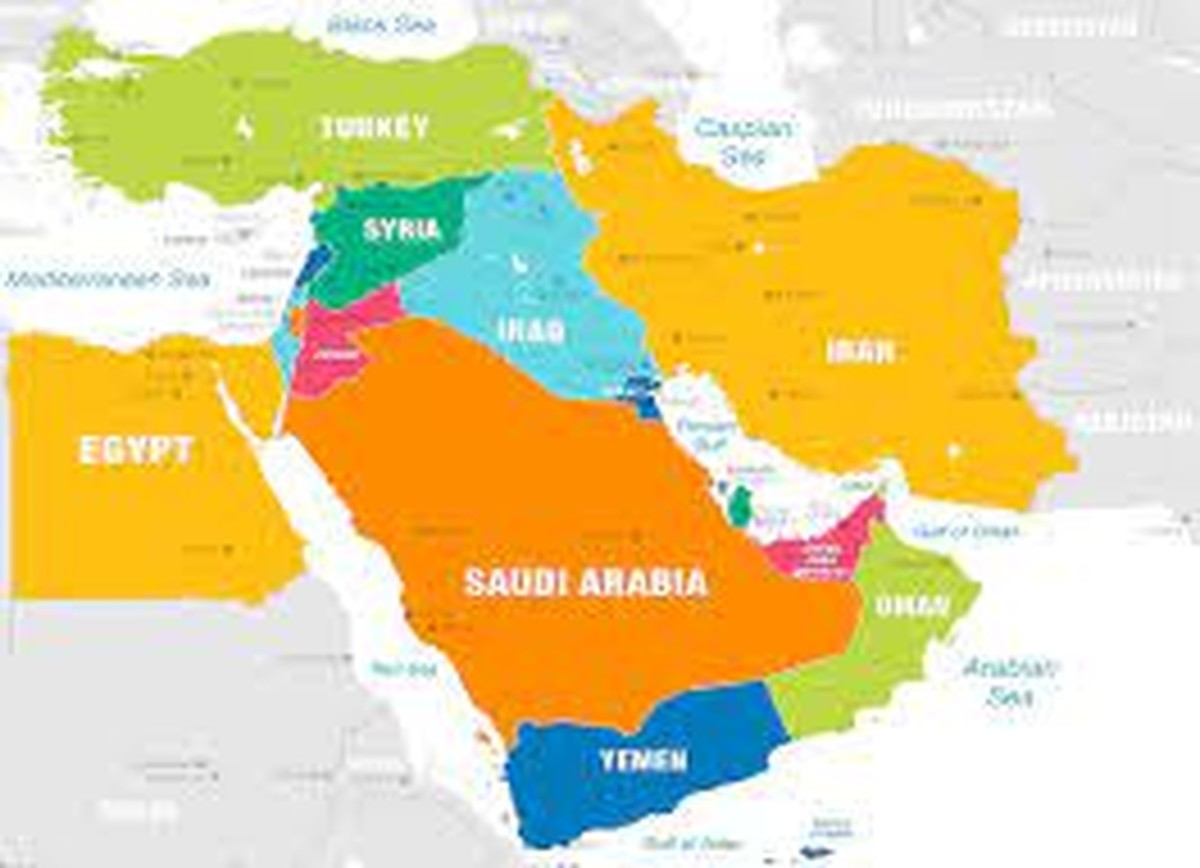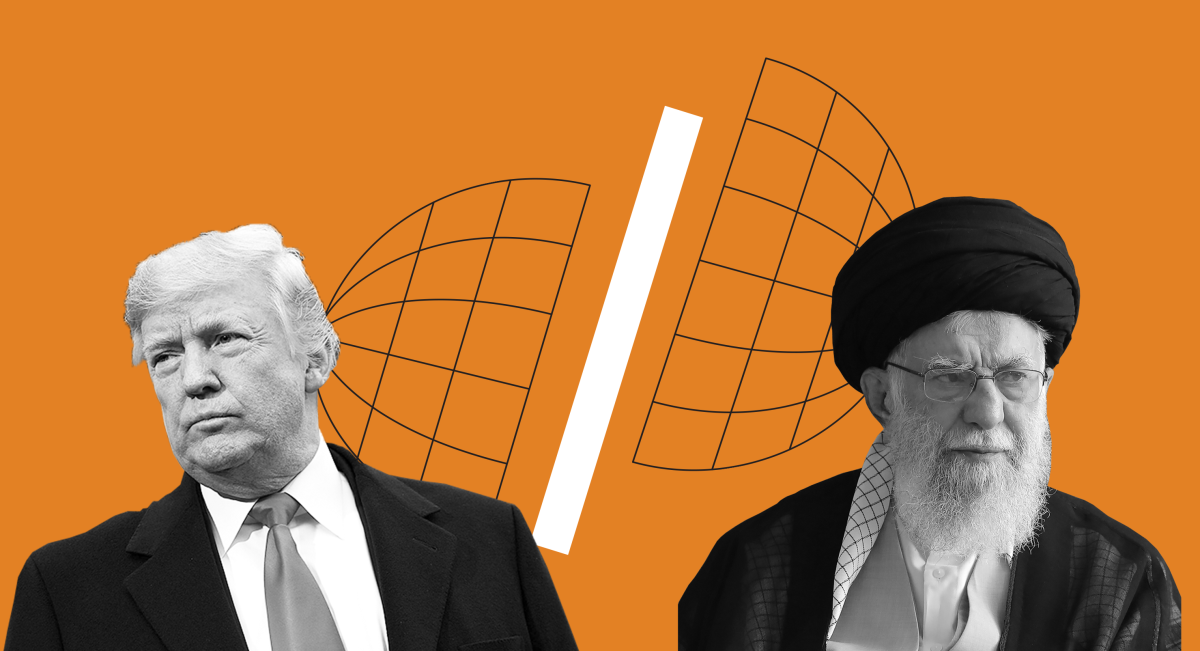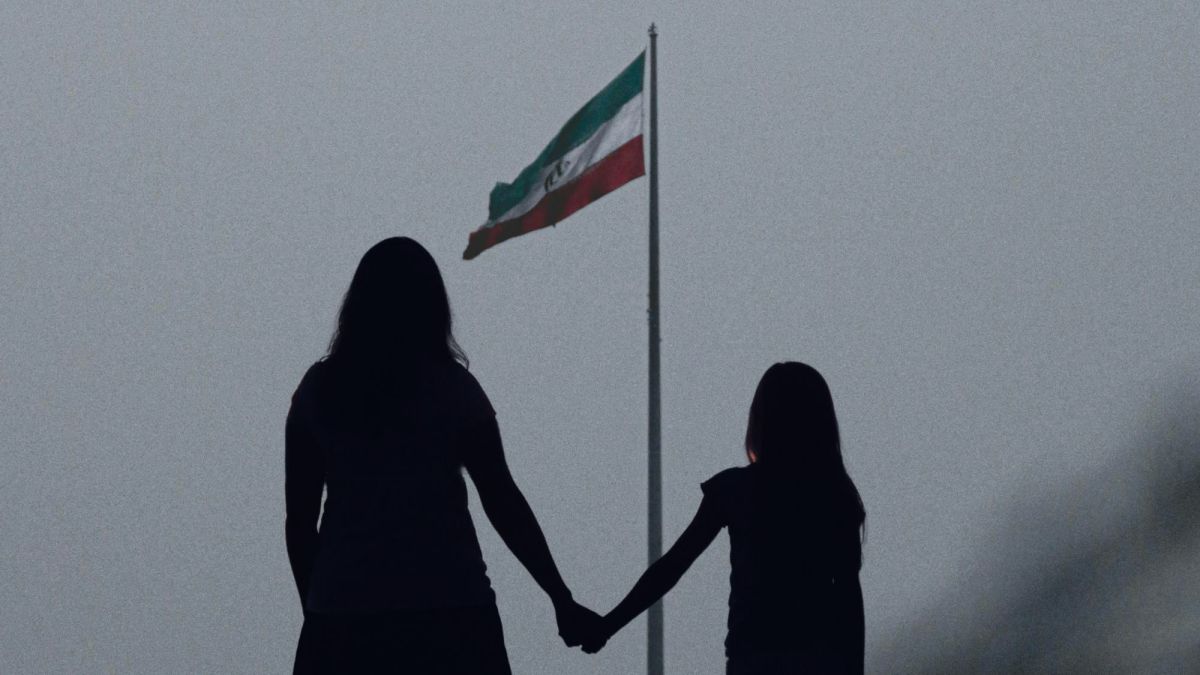USA, Iran, Israel: Relations in fear
The USA is against Iran having a nuclear capability simply because it would change the balance of power in the Middle East. It is against that because Iran is not an United States ally and certainly oppose US policies in the region.
It's about muscle flexing. An Iran armed with nuclear weapons affects her role vis-a-vis her neighbors--the surrounding Gulf countries, Saudi Arabia—and especially Israel, at the moment, the sole nuclear player in the region.
A nuclear Iran would definitely tip the balance of regional power because it would make her stronger, fearless, and able to influence regional policy upsetting the military, political and even economic status quo in the region, and thus, change relationships between states, building alliance and influencing others not only in the Middle East, to the north of the Caspian Sea and further east to Afghanistan, and the Indian subcontinent.
Israel, which has had developed a secret nuclear program since at least the mid-1950s and some say in 1948 with the help of France and as the state was established, fears another emerging nuclear power in the region like Iran would break her nuclear monopoly and lessen her aura of military superiority. But doing so, it would certainly make her more security venerable because of the issue of ballistic nuclear missiles.
This clearly would upset the American government, one of whose foreign policy cornerstones in the Middle East is the support and aiding of Israel over as many decades. America has traditionally tended to toe the Israeli line and opposes a Middle Eastern country with nuclear capability because of the threat and deterrence such entails.
Although it has many allies in the region, a nuclear Middle East with many states possessing nuclear bombs would increase the balance of fear and defragments the region.
While the international view has generally been with the idea of the need to dampen nuclear proliferation, and in that, a nuclear-free Middle East, the situation has become complicated over the years as states sought to acquire nuclear status. Israel possess a very large arsenal of not only conventional weapons that is supplied by America but nuclear warheads capable of obliterating the region several times over.
As a result other countries have demanded entry into the nuclear league and try and build their nuclear capability as a means of bolstering their status like Pakistan and India which America had no problems with.
To avoid further international confrontation because of the intense situation that has been developing since at least the 1990s in the region, starting with the first war on Iraq in 1991 as a result of its invasion of Kuwait, Iran increasingly felt under threat. At the same time it has been in pains to suggest its nuclear program is for peaceful reasons and peaceful ends.
This has never been good enough for the United States despite the fact that Iran signed the Non-Proliferation Treaty since 1968. But American policy-makers have been saying that since Iran is party to the NPT, it can not be allowed to import materials to enhance her offence nuclear capability.
Since 2003 when America waged a war against Saddam Hussein to remove him from power, the Iranian nuclear file has been on top of the international agenda with the Bush administration branding it as one of the Axis of Evil countries with Korea and Syria.
Iran's nuclear program has been the center of controversy of allegation and counter-allegations that Iran does have an offensive nuclear program in-the-making.
While the Iranians have constantly rejected that and had been inviting international nuclear inspectors to the country, there is still much room for confidence building measures. But inevitably in international politics this is not enough as cyncism rides the way.
Drums of war
The drums of war continue to beat every once in a while when Iran becomes the threat, the next bogey against international security. And as always it is Israel that stands in wait, ever fearful that its nuclear monopoly might be broken, and ready to press its trigger to stop Iran from possessing nuclear weapons despite the fact that some American researchers have been saying Israel posses somewhere between 200 and 4000 thermonuclear and nuclear weapons.
Its a tense international situation. Previously it has been thought that a nuclear war can't be 'localized' or 'limited' but with more advanced technology being researched all the time, Israel may be tempted to strike at Iran to test its weapons, and if that happens Iran will surely react and the region could be back to the point of nuclear destruction.








